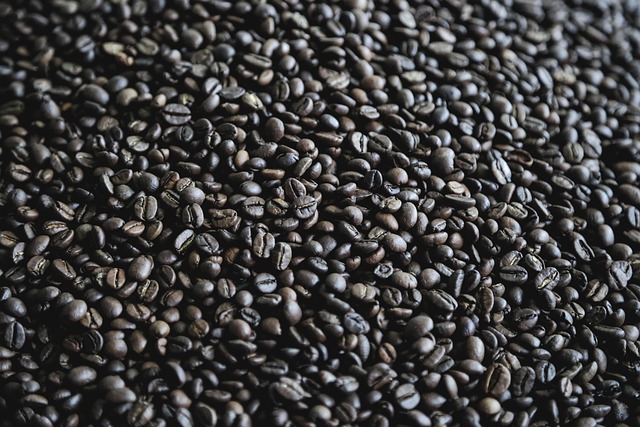Caffeine is a double-edged sword that many of us have come to rely on in our daily routines. Whether it’s a warm cup of coffee to jumpstart your morning or a refreshing iced tea in the afternoon, caffeine has become an integral part of our lives. However, as we embrace a healthy lifestyle, it’s imperative to consider how caffeine interacts with hydration and proper nutrition.
Our first instinct when we think of caffeine might be its stimulating effects. It helps combat fatigue, enhances focus, and can even boost athletic performance. But underneath the surface, it’s essential to recognize that caffeine is also a diuretic. This means that it can lead to increased urination, which can potentially lead to dehydration if not balanced with adequate water intake. As more individuals embark on a journey toward a healthier lifestyle, maintaining proper hydration becomes crucial.
So, how can we strike a healthy balance between our love for caffeine and the need for hydration? The first step is understanding the body’s requirements. On average, the human body needs about eight 8-ounce glasses of water a day, more if you’re exercising or spending time in hot conditions. When factoring in caffeine consumption, it’s wise to increase your water intake. For every cup of caffeinated beverage, consider drinking an additional glass of water to compensate for any potential dehydration that may occur.
Moreover, the timing of caffeine consumption can significantly influence your overall health and hydration levels. Having a cup of coffee first thing in the morning is a ritual for many. However, it may be beneficial to delay your caffeine fix for an hour or so after waking up, giving your body a chance to hydrate first. Starting the day with a glass of water can help rehydrate after a night of sleep and prime your body for the day ahead. Pairing hydration with breakfast can also enhance digestion and overall wellness.
Nutrition plays a crucial role here as well. Incorporating hydrating foods into your diet can balance out caffeine’s dehydrating effects. Fruits like watermelon, oranges, and strawberries are not just delicious; they are also packed with water and essential nutrients. Vegetables such as cucumbers and lettuce also contribute to hydration, making them excellent choices for snacking.
Additionally, exploration of caffeine alternatives can enrich your hydration routine. Herbal teas, for instance, can provide a flavorful caffeine-free option while still contributing to your daily fluid intake. If you’re looking to wean off traditional caffeinated beverages, consider gradually substituting them with such alternatives while monitoring your hydration levels.
Of course, it’s essential to acknowledge the individual differences in caffeine tolerance. Some people might be able to enjoy multiple cups of coffee without feeling dehydrated, while others may experience anxiety or jitteriness with just one. Listening to your body and recognizing the effects of caffeine can help tailor your consumption to suit your lifestyle best.
Ultimately, a healthy lifestyle is about finding what works for you. It’s about understanding the impact of caffeine on your hydration and nutrition and making informed choices. Balancing your love for caffeine with the necessity of hydration adds an essential layer to maintaining health and well-being.



